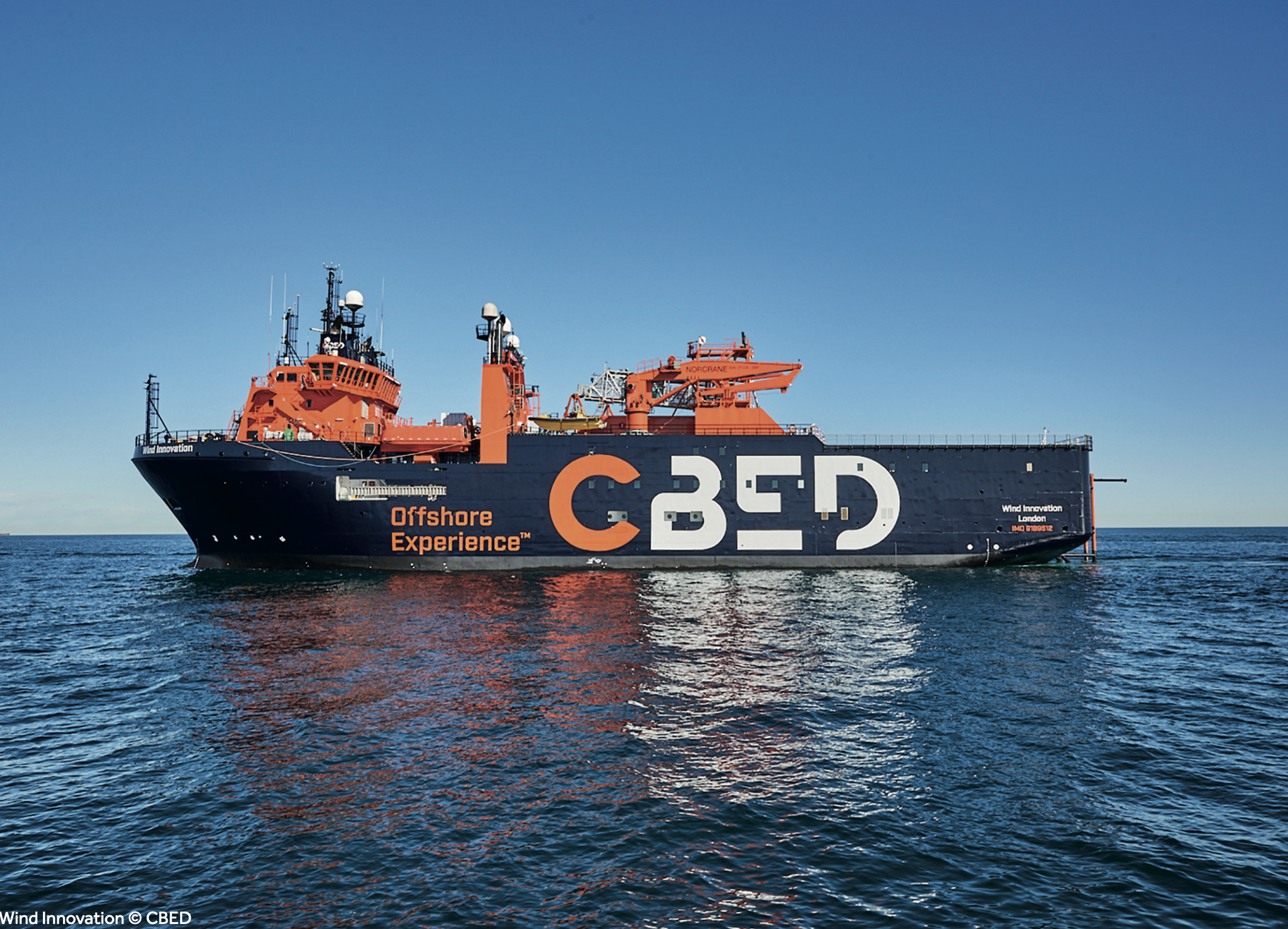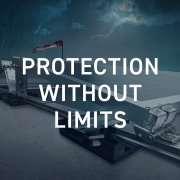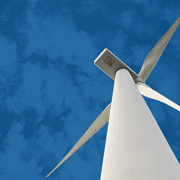Offshore wind service provider CBED recently received some very encouraging news on energy saving investments on board their walk-to-work SOV, Wind Innovation. In this interview, General Manager, Daniel Alon, shares insights on the process of reducing the environmental impact of CBED’s offshore operations.
PES: Daniel, first of all welcome back to PES. You told us that CBED has been working with energy management on board your vessels for many years. But also that you just recently received new comforting data showing that it is indeed possible to significantly bring down energy consumption within a short time frame. When did energy efficiency become a CBED focus?
Daniel Alon: Well, CBED was a pioneer in this industry back in 2008, and reducing our environmental impact has always been an important area to us and the industry.
Over the years, the energy efficiency agenda has truly gained pace and we have stepped up our efforts accordingly. In 2014, we began operating an Integrated Management System in line with ISO 14001 and ISO 50001 standards.
Normally, the ISO 50001 Energy Management framework applies mostly to onshore facilities, simply because it requires quite a lot of extra efforts to comply with the requirements offshore.
But we needed a framework that would enable us to achieve our commitments in a structured way. For instance, this framework includes year-on-year improvements in the environment and energy performance on board our vessel, Wind Innovation.
PES: Can you briefly describe the Wind Innovation?
DA: Wind Innovation is one of the larger walk-to-work SOVs in the market suitable for 40+ passengers.
Since we carefully selected Wind Innovation in 2016, she has been rebuilt and tailor-made for servicing the offshore wind industry in close collaboration with a client.
I think she has some special characteristics such as a sheltered cargo deck and 80 single cabins. Also, she has flexible gangway access height ranging from 12 to 26 metres, which brings her high up on the list of best in class vessels on operational limits.
She has proven herself as a very steady performing vessel and this also means that she is close to touching the 100% utilisation mark since joining our fleet.
PES: So, how did this recent energy project initiate and what have you been focusing on?
DA: We are continuously measuring our resource consumption to identify areas of improvement on board Wind Innovation.
Back in early 2019, we were going through some raw data and discovered that both cooling pumps for main auxiliary engines and on board ventilation could be improved.
Not too long after that, we started discussions with one of our technical partners, Danish founded DESMI, on various concrete solutions. This resulted in two new projects to heighten our energy performance. We then started working on the frequency converters in May 2019 and the move on to the ventilation system in October 2020.
Today, we are seeing some very encouraging results on our continual improvements under the ISO 50001 standard.
By installing DESMI FQ converters on the main generator cooling pumps and engine room ventilation, we are now recording daily average savings of 1,748 kWh. In a year, this corresponds to the annual energy consumption of 171 average UK households.
In fact, these energy savings exceeded our expectations and ended up removing 5% of our total energy consumption on board Wind Innovation. Of course this also left a significant improvement on the initial return of investment calculations we did, so we are just extremely pleased with the decisions made and the archived results.
PES: Looks like a win-win situation, what’s next?
DA: Looking to the future, I can say that CBED is committed to running a responsible business across our industry.
We keep focusing on our energy consumption at sea and most recently we have been focusing on optimising the main engine accommodation heating unit too. This project was kicked off in August 2021 and we are now awaiting the first set of results. So far, the indications we have received are looking positive.
So, to us it is about running a responsible business and continuously making progress within the wider sustainability agenda. We are doing our best to choose modern and environmentally effective technologies while making a sound assessment, balancing environment and economy when making new investments.
First to serve the offshore wind industry
In 2008, C-bed became the world’s first shipowning company offering dedicated services to the offshore wind industry. Over the years, the gained experiences have formed into the walk-to-work vessel, Wind Innovation.
Today, Wind Innovation stands out in the offshore market with a comprehensive 80 single cabins and option of a total 105 guests comfortably living on board.
The customised design for efficient helicopter arrivals, sheltered storage facilities, offices and meeting rooms enables seamless operations. However, the ship design also balances leisure time activities with integrated cinema, fitness room and TV lounge and game room options for lengthy projects away from home.















